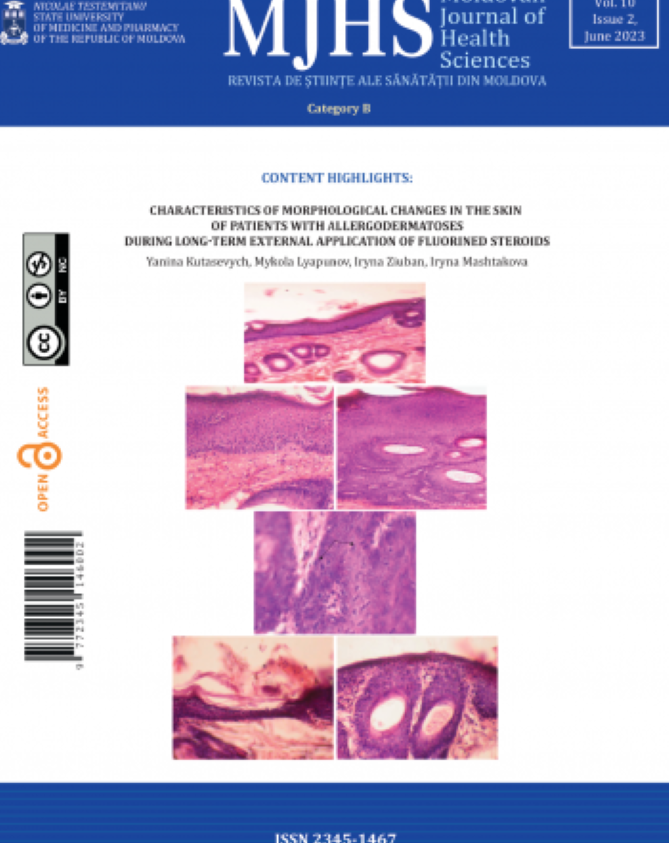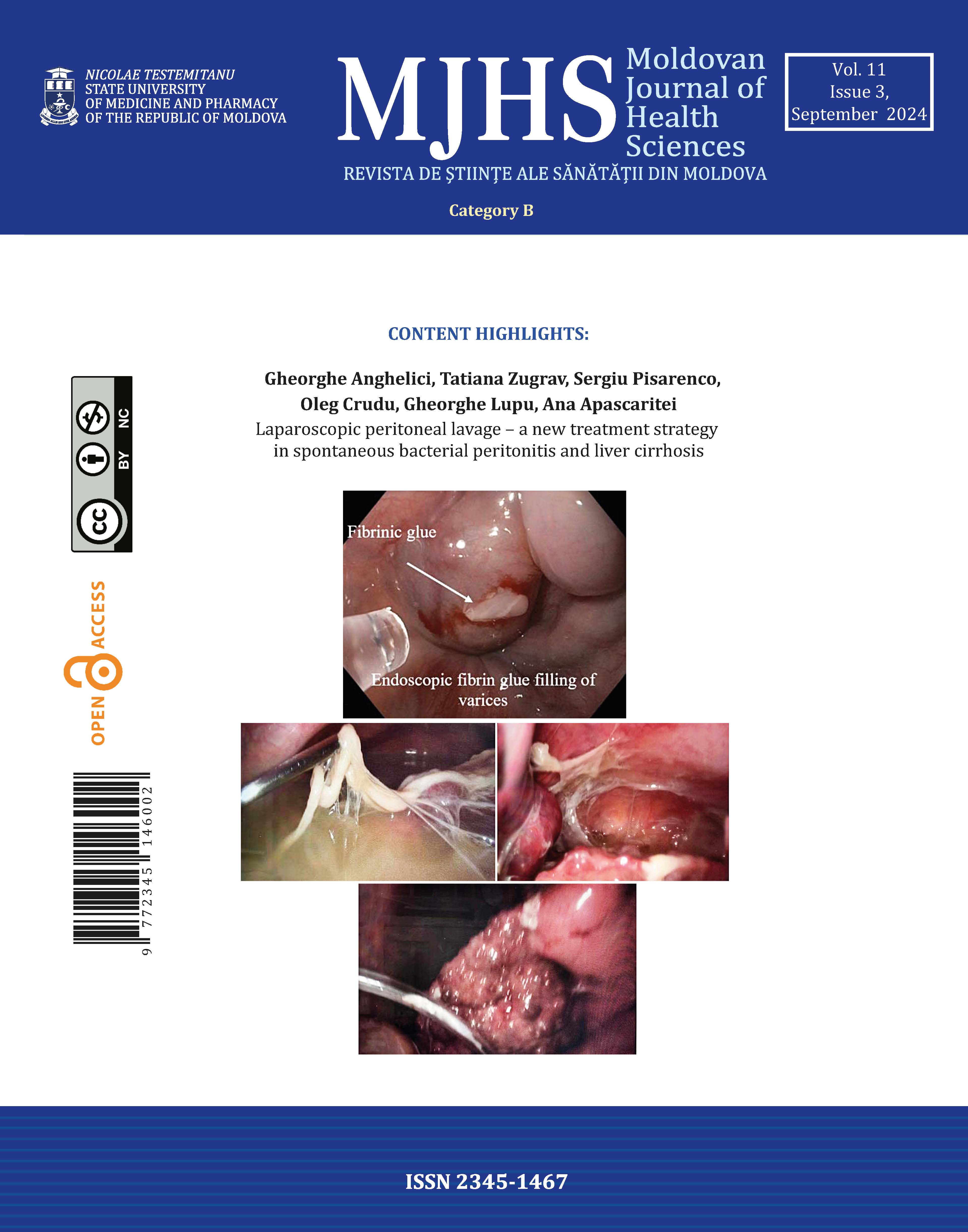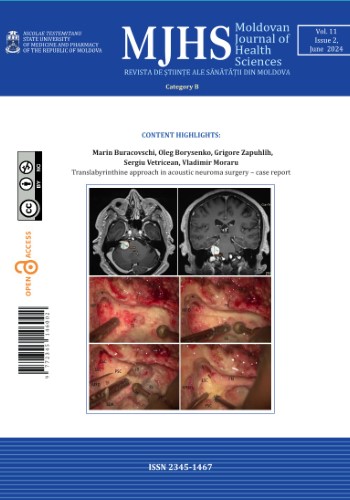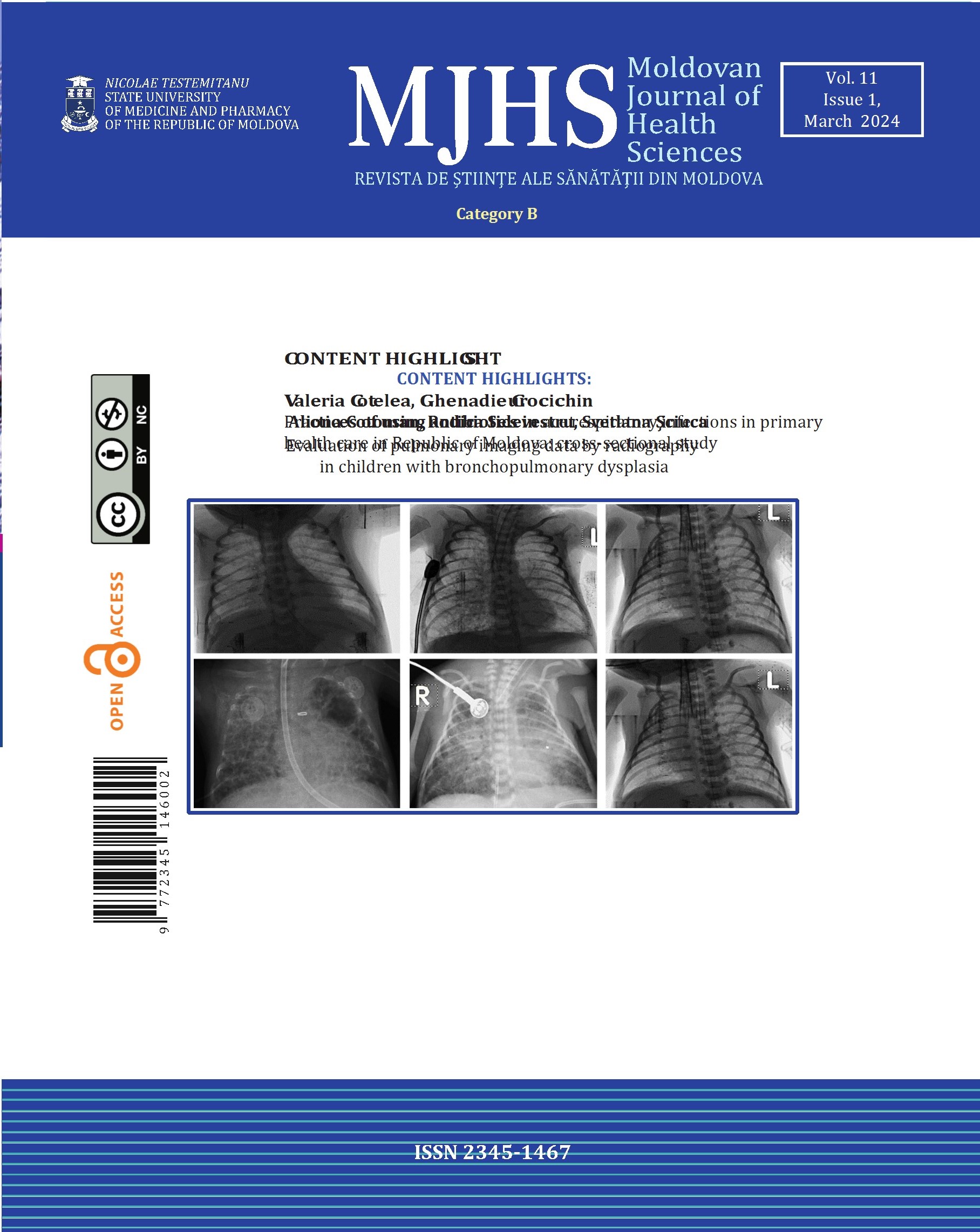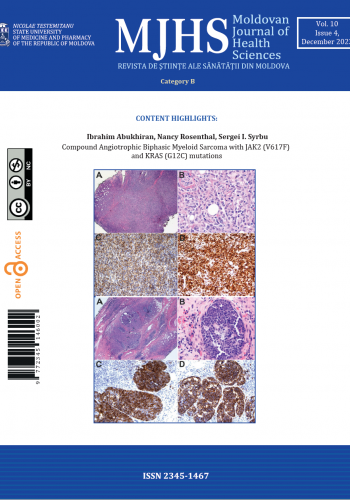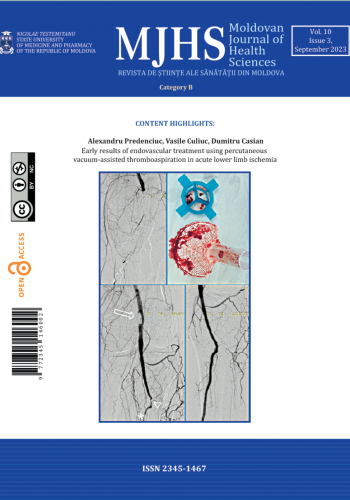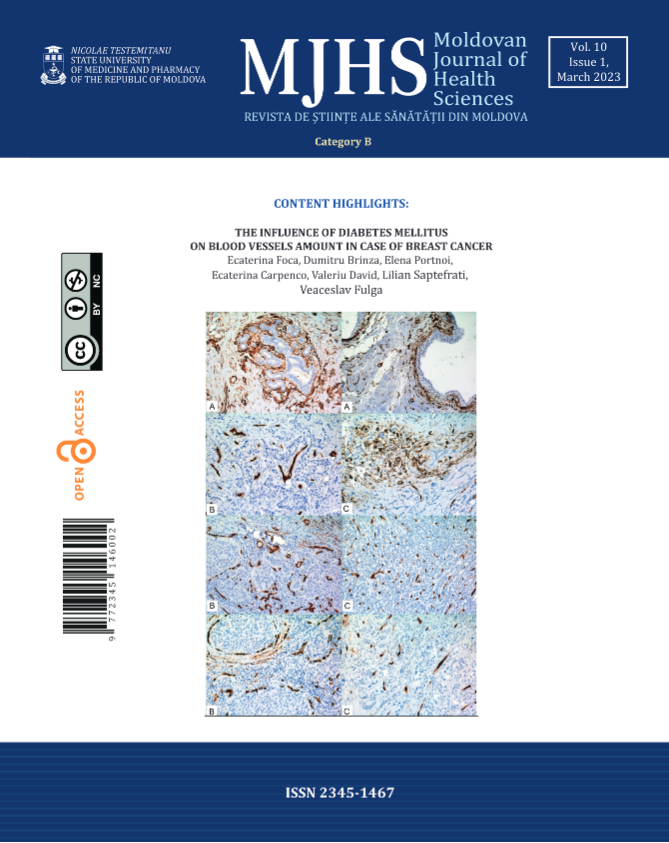Hybrid vascular approach reduces the length of hospital stay in patients with chronically threatening limb ischemia and multilevel atherosclerotic lesions
https://doi.org/10.52645/MJHS.2023.2.01
Introduction
Chronic limb-threatening ischemia represents the advanced stage of atherosclerosis and is often associated with significant cardiovascular morbidity, resulting in high mortality rates. The hybrid approach combines surgical and endovascular techniques, allowing for optimal revascularization of multilevel lower limb atherosclerotic lesions. Additionally, the hybrid approach offers the advantages of shorter procedure times and reduced trauma compared to the classical method. It is also expected to result in a shorter length of hospital stay for patients. Therefore, the aim of this study is to analyze the relationship between the hybrid approach and the length of hospital stay compared to the classical vascular surgical approach in patients with chronic limb-threatening ischemia, multilevel atherosclerosis, and a high anesthesiologic risk.
Material and methods
The study compares the total and postoperative lengths of stay between two groups: a prospective group (N = 48) of patients treated with hybrid revascularizations, and a control group (N = 50) treated with classical vascular revascularizations. The included patients in both groups had multilevel atherosclerotic lesions (including aorto-iliac, femuro-popliteal, and runoff) and chronic limb-threatening ischemia (Fontaine grade III and IV).
Results
The study analyzed the total and postoperative lengths of stay in both groups, including ischemia-based subgroups. The results showed that both the total and postoperative lengths of stay were significantly shorter in the hybrid approach group compared to the control group.
Conclusions
In cases where hybrid revascularizations were used, the length of hospital stay for patients with chronic limb-threatening ischemia and multilevel atherosclerosis is significantly shorter compared to the classical vascular surgical method.
